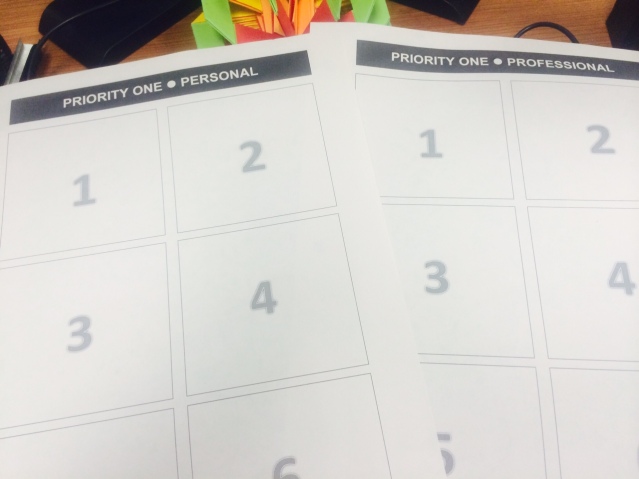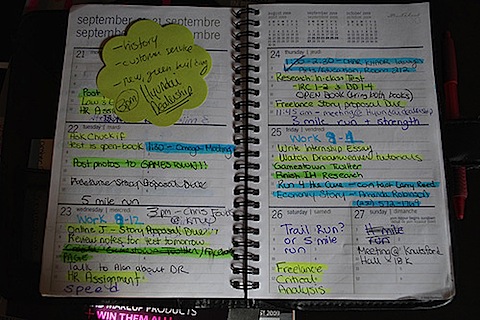 I’ve recently returned to college to work on a master’s degree. When I talked to my advisor, he said I should take a statistics class to prepare for a research methods class. I think my blood ran cold. Math is not my strong suite. I can make straight A’s in just about any other type of class, but my mind has a great difficulty processing math. I really did not want to do it, but I also recognized the value of good advice.
I’ve recently returned to college to work on a master’s degree. When I talked to my advisor, he said I should take a statistics class to prepare for a research methods class. I think my blood ran cold. Math is not my strong suite. I can make straight A’s in just about any other type of class, but my mind has a great difficulty processing math. I really did not want to do it, but I also recognized the value of good advice.
I signed up for the class, and tried to adjust my attitude to a positive one. I studied, I did my homework, and I spent a lot of time preparing for my first test. So, imagine my disappointment when I scored a low C on my first test. I got a little more organized, and I made some changes in how I was studying. I practiced the type of problems I thought I would see on the test, and I did a little better. But, I was still not happy with my grade. I teach students how to study for a living, so I needed to take a hard look at myself and my study habits, just like I would any other college student.
What was I missing? What was I not doing?
Pre-reading! I hadn’t been doing it, because my instructor was not telling us what she would cover in the next class. So, I decided to ask her. I sent her a message on Blackboard and asked what I should read before the next class. She was happy to tell me!
Guess what? It made a world of difference! I went to class knowing which concepts I understood, and what was causing me trouble. I went to class, prepared with questions I needed to ask, and I had the vocabulary I needed to understand more from the lecture. I also had notes from my reading, and I could just add to them in class, rather than frantically trying to write down every single word my instructor said. My experience in class was immensely different when I went to class prepared.
If you are a college student and haven’t been doing this, I would emphatically recommend it. Class is a totally different experience when you pre-read the text material, or material provided by your instructor. Also, don’t be afraid to ask your instructor questions. I have found that instructors are very accommodating and helpful. They like to know students are engaged and care about their class. Questions are welcomed and encouraged by most!
TRY IT! You will be glad you did.
 Today, I want to briefly talk about the ineffectiveness of cramming. Many students try to prepare for finals this way, but it is not effective. And, to be quite honest, most students who cram do not do well.
Today, I want to briefly talk about the ineffectiveness of cramming. Many students try to prepare for finals this way, but it is not effective. And, to be quite honest, most students who cram do not do well.






